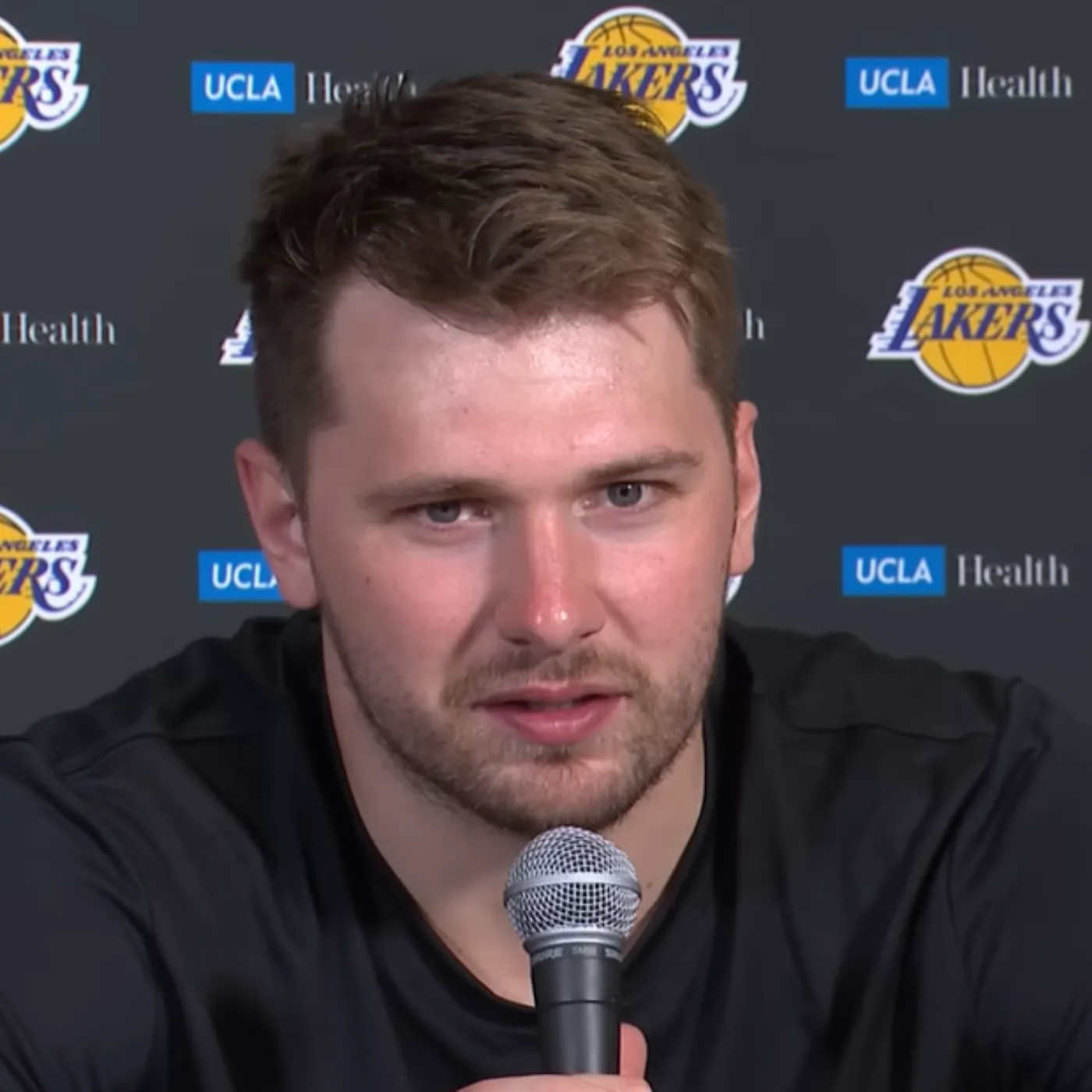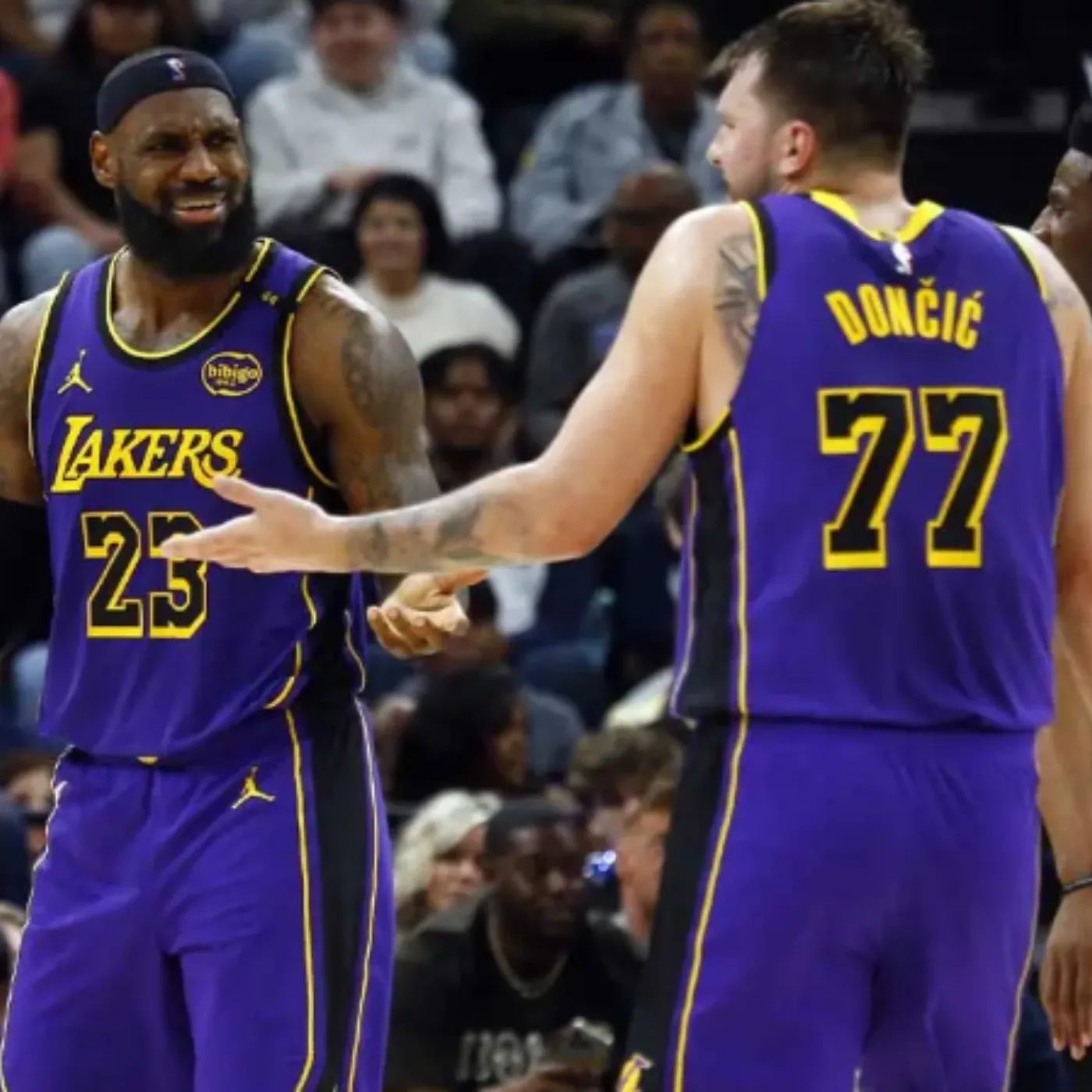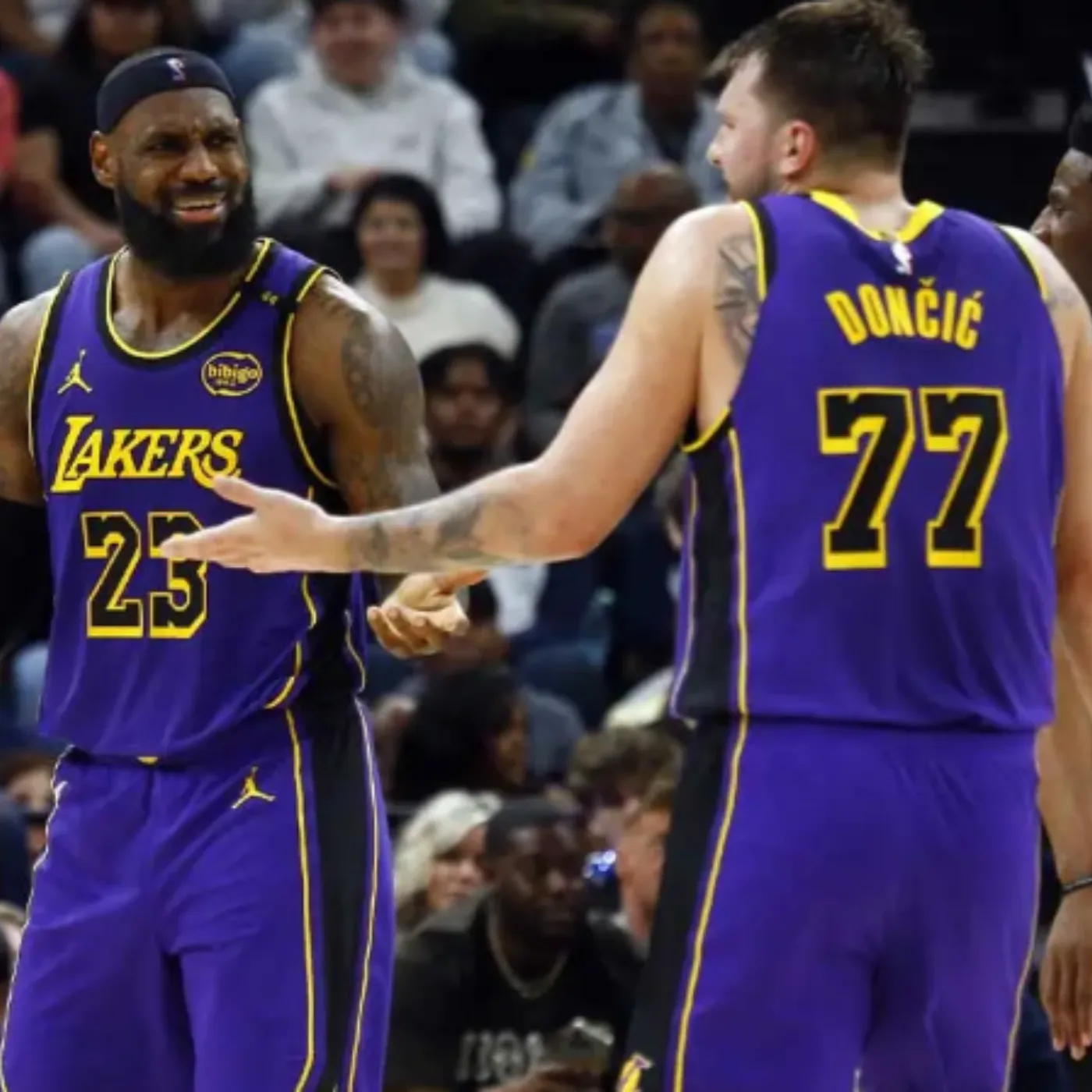
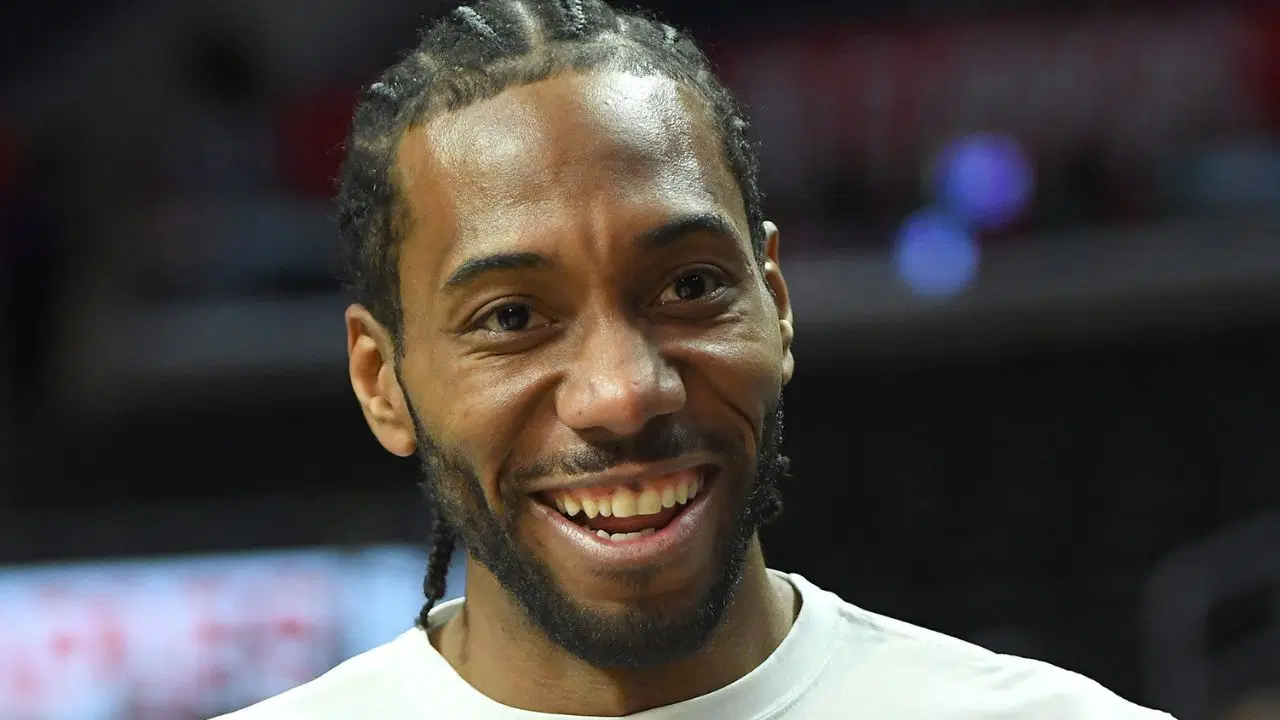
Former NBA Player’s Statement That “Reporters Are Snitch” In A Kawhi Leonard Exposé Has Sparked Controversy
Pablo Torre, investigative journalist and host of Pablo Torre Finds Out, has been at the center of one of the NBA’s stormiest controversies in recent weeks. His exposé accusing the Los Angeles Clippers and Kawhi Leonard of participating in a “no‑show” endorsement deal via Aspiration, allegedly to circumvent the NBA’s salary cap, has pulled in scrutiny from fans, media, and former players. Among the most memorable reactions: former NBA star Channing Frye calling reporters “snitches” and asking dismissive questions. Torre, at age 39, a Harvard graduate known for thorough reporting, noted on the Road Trippin’ podcast that Frye’s questions left him genuinely puzzled. Torre’s response? “I don’t know which of these two questions is worse.”
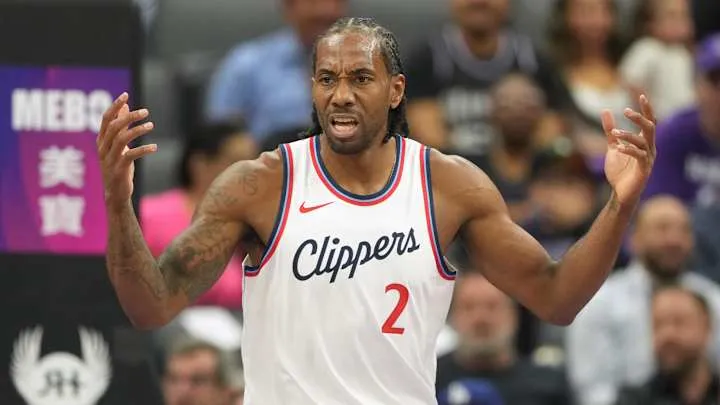
What Frye Asked and Why It Raised Eyebrows
During a recent episode of the Road Trippin’ podcast, Channing Frye made remarks directed at Torre’s reporting. Frye said: “First of all, why you snitchin? Who cares?” He followed up with: “Do you know how much this lemon perfect bottle was? Probably 28 cents. This is what Steve Ballmer thinks of $28 million. He’s oh, here you go. You want this? He don’t care.” He repeated, “Also, why you snitchin? The reporter’s snitchin.”
These comments were widely seen as dismissive and undermining investigative journalism. They implied that publicizing alleged wrongdoing was somehow disloyal or problematic, rather than part of holding powerful actors accountable.
Richard Jefferson’s Defense of Torre
Frye’s co‑host, Richard Jefferson, immediately pushed back. He reminded listeners that part of a journalist’s responsibility is to uncover information, to “snitch” in the sense of exposing wrongdoing, even when it’s uncomfortable. Jefferson said: “The reporter’s job is to snitch. Our job is to keep it quiet, right? Ballmer didn’t tell. Kawhi didn’t tell. So, Pablo’s doing what he’s supposed to do, and he’s doing an absolute great job. Shout him out for this investigation. Again, all of these things are allegedly.”
That framing helped many viewers see the value of Torre’s work—as journalism that relies on verified documents, legal filings, interviews, and transparency, not rumor.
The Exposure: What Pablo Torre Reported
Torre’s exposé alleges that Kawhi Leonard signed a four‑year, $28 million endorsement contract with Aspiration, a now‑bankrupt environmental company, while performing no public promotional work. It’s reported that Steve Ballmer, owner of the Los Angeles Clippers, partially funded Aspiration. Other documents obtained include bankruptcy filings showing that Aspiration owes money to KL2 Aspire LLC, Leonard’s company, and that Leonard might have been paid even while the company laid off employees or was short on cash. ([turn0search2], [turn0search6], [turn0search7])
The NBA has confirmed that it is investigating the allegations, and Commissioner Adam Silver has reminded the public of the principle “innocent until proven guilty.” He offered warnings about jumping to conclusions before evidence is fully reviewed. ([turn0news13], [turn0search2])
Pablo Torre’s Reaction: “I Don’t Know Which Questions Are Worse”
Faced with Frye’s dismissive take, Torre replied with visible frustration and confusion. In interviews and social media, he said: “I don’t know which of these two questions is worse”. He meant that both of Frye’s questions—“Why you snitchin?” and “Who cares?”—undermined the role of journalism in a free society, particularly when serious allegations of salary cap circumvention are involved.
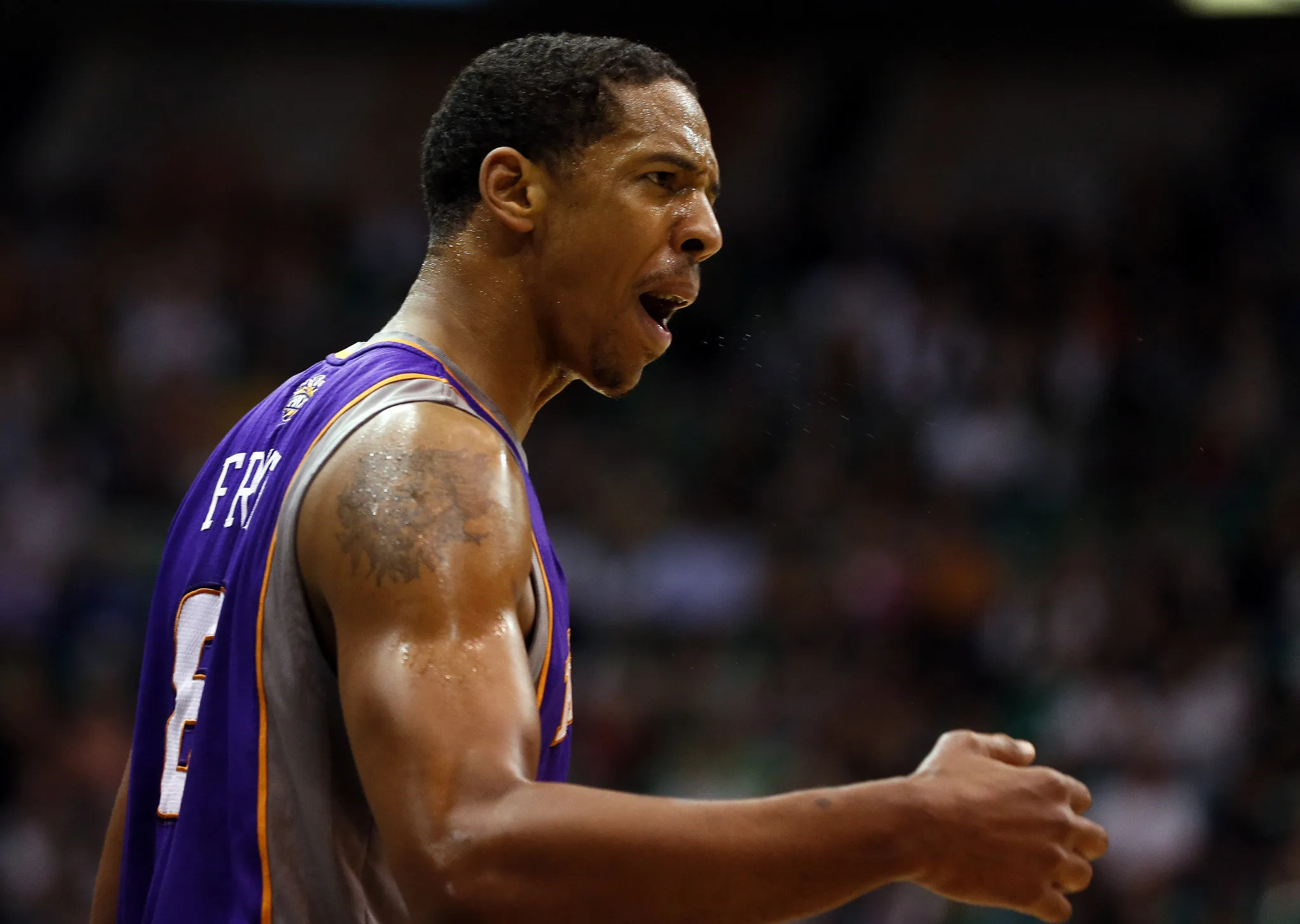
Torre emphasized the word alleged repeatedly, reminding listeners that these reports are not verdicts. He said that as a journalist, his goal is not to convict but to collect facts, explore them, and bring them into public view so that authorities and the NBA can investigate properly.
Puffing Out the Details: Context, Times, and Locations
The controversy broke into public view in September 2025, when audio and documents began surfacing related to the Aspiration deal and Leonard’s payments. Frye’s remarks occurred on Road Trippin’, a podcast recorded in Los Angeles (though the precise episode location varied), shortly after news of the scandal spread via Pablo Torre’s podcast and media coverage.
Reports show that the deal allegedly began around April 2022 via KL2 Aspire LLC, per bankruptcy documents. Aspiration filed for bankruptcy in March 2025, and cofounder Joseph Sanberg has pleaded guilty to fraud against investors. Among other details, a former Aspiration insider claimed that Dennis Wong, a minority owner of the Clippers, made an investment in Aspiration approximately nine days before one of Leonard’s payments was made. Those dates and monetary amounts (e.g. $1.75 million, $1.99 million) have amplified concerns. ([turn0search8])
Public Sentiment and Media Perception
Many in media and fans saw Frye’s comments as emblematic of a distrustery attitude toward journalism. Critics argue that calling a reporter a “snitch” for digging into possible wrongdoing is an old tactic to deflect scrutiny.
Others defended Frye, suggesting that his remarks reflect skepticism many feel: “Are these leaks always true?” “Are reporters unfairly sensationalizing?” But even among those sympathetic to Frye’s impatience, few defended dismissing the entire investigation.
Meanwhile, Pablo Torre’s disclosure that Aspiration’s bankruptcy documents list KL2 Aspire LLC among those still owed money makes his reporting harder to dismiss. The Los Angeles Clippers released a statement denying that they or Steve Ballmer knowingly broke salary cap rules, stating any allegations are “provably false.” ([turn0search0], [turn0news19])
The Legal and Ethical Stakes
At the center of this storm is the question of whether an endorsement deal can be structured in a way that bypasses NBA salary cap rules. If Kawhi Leonard was paid for work not performed—i.e. a “no‑show job”—that could be seen as a violation of the collective bargaining agreement.
Journalism plays a fundamental role in exposing potential misconduct in any major institution. Torre’s investigation has gathered documents and statements that warrant league attention. The NBA commissioner declared that the league has broad powers to investigate and to take disciplinary action if wrongdoing is found. ([turn0news13], [turn0search10])
In that context, calls to “snitch” become more than insults; they strike at the core of how accountability works in public institutions, including professional sports.
Frye, Torre, and the Question of Motive
One critic’s narrative is that some of the reporting might be politically or financially motivated. Channing Frye’s take that “who cares” or “why snitch” suggests a belief that some stories are driven more by sensationalism than by fact.
Torre maintains that reportage is grounded in documents—bankruptcy filings, investment records, payment logs. His public posture has been cautious: allegations are not judgments, and everyone involved deserves fairness. He has called on transparency, not retribution. Torre’s reputation as a rigorous reporter adds weight to his findings.
Where This Might Lead
The NBA investigation is ongoing. If the allegations are shown to have merit, consequences could include fines, loss of draft picks, or other sanctions for the Clippers. Owners like Steve Ballmer may face reputational damage.
For Kawhi Leonard, even distancing himself from the specifics depends on how much he was aware. Because so many details involve third parties, contracts, agents, and LLCs, proving knowledge or intent is complex.
Public perception will likely evolve over time. As more evidence is made public, Torre’s reputation as a journalist is being both defended by those who value investigative work and questioned by those who distrust media.

Conclusion: Accountability, Journalism, and What Comes Next
When Pablo Torre responded to Channing Frye’s dismissive questions with “I don’t know which of these two questions is worse,” he wasn’t just criticizing poor language—he was defending the role of journalism itself.
Whether or not the exposé proves in court or in league discipline, the story underscores that serious allegations deserve scrutiny.
Media, fans, players, and league leaders are watching. The Aspiration‑Clippers‑Leonard controversy is more than a headline. It’s a test of how a powerful journalist handles a major story, how public figures respond under pressure, and how institutions manage allegations of wrongdoing.
That, in many ways, might be as important as whatever revelations come next.








